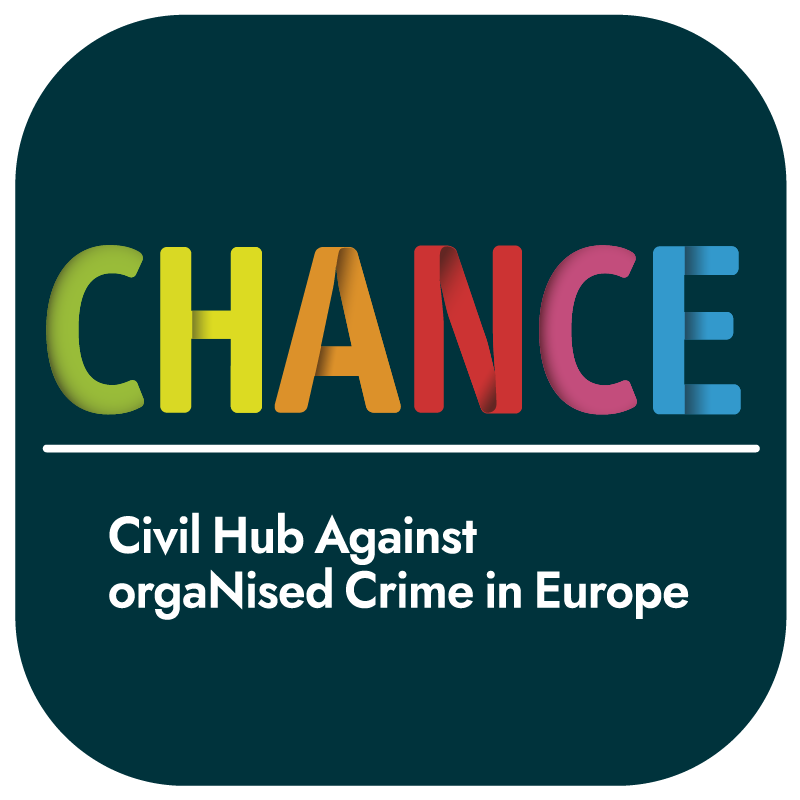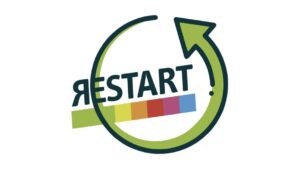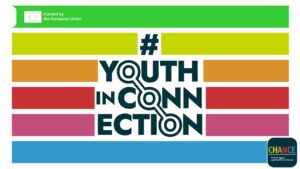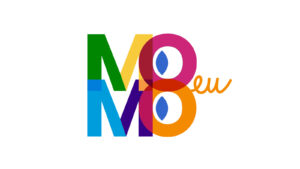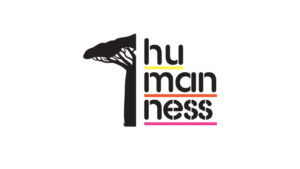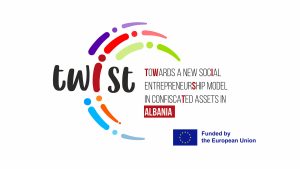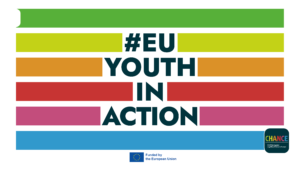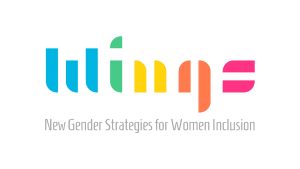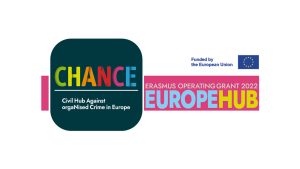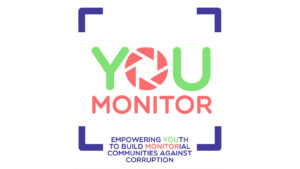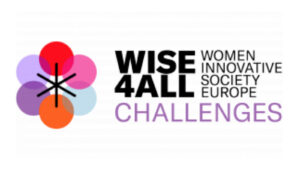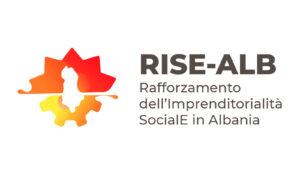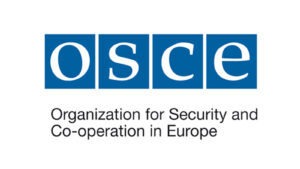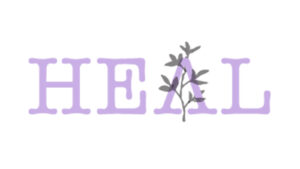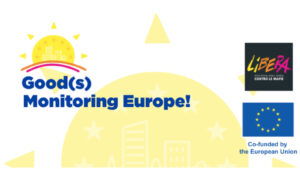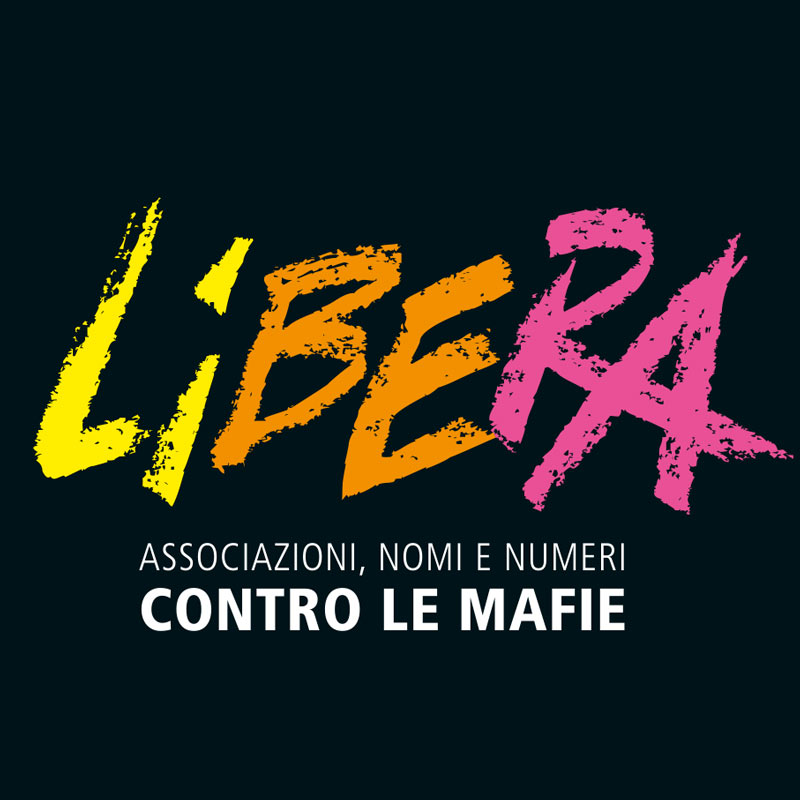The goal of Good(s) Monitoring Europe! is to promote European strategies of social inclusion towards the most vulnerable sectors of the population through the public and social reuse of goods confiscated from organized crime groups in Europe and the activation of participatory processes starting from the ground up.
In fact, the fight against organized crime depends on a community’s capacity to generate a collective awareness. It becomes strategic, then, to adopt multidisciplinary measures to promote social inclusion, giving priority to Cohesion Policies – a crucial tool to enforce communal practices.
By consequence, the collaborative involvement of the Agenzia per la coesione territoriale, an official partner of the project spearheaded by Libera, is fundamental for the implementation of strategies to reinforce such Cohesion Policies within the project’s construction of non-criminal environments.
Founded in the first few months of 2021, the project has already activated a civic monitoring system and a first-phase analysis over the effects of Cohesion Policies on the possibility to reutilize confiscated goods, creating a map-based localization of the implementation of Article 10.3 of the 2014/42/UE Directive within EU Member States.
From the results of this first-phase, four European countries (Belgium, Bulgaria, Romania, Spain) have been identified within which to implement the project’s actions. Specifically, a European summer school for the elaboration of a civic monitoring system will be established in the four countries mentioned to analyze and plan the public and social reuse of goods confiscated from organized crime groups, all while utilizing Cohesion Policies funds to support the creation of such establishments.
The four associations involved in the project are:
BASTA!, Belgio – https://belgianantimafia.wordpress.com/;
CSD, Bulgaria – https://csd.bg/;
ACDD, Romania – https://dezvoltaredurabila.syene.ro/;
FIADYS, Spagna – https://www.fiadys.org/.
In the project’s entire administrative journey, the European network CHANCE’s (Civil Hub Against orgaNised Crime in Europe) support is fundamental as, through its partners, it will assist in the implementation and diffusion of the project itself.
Led by Libera, the ultimate achievement of the project will be to propose a European strategy for the public and social reuse of confiscated goods through the implementation of Cohesion Policies, following the efficient practices observed in Italy. The strategy will be presented during the European Week of Regions and Cities 2021, an event promoted every year by the European Union and in which Libera has already participated in both 2019 and 2020.
Project Goals
- A growth in the abundance of quantitative and qualitative information data on the public and social reuse of confiscated goods at a European level;
- An increasing exchange of efficient practices over the management of confiscated goods between non-profit organizations and competent authorities;
- The elaboration of an innovative civic monitoring toolkit for the valorization of confiscated goods, replicable in other contexts through the implementation of Cohesion Policies;
- The introduction of an informal, transnational network of civic communities in charge of monitoring, to implement the increasing exchange of efficient practices over the management of confiscated goods;
- The wide-range promotion of proposals for a European strategy for the public and social reuse of confiscated goods.
Impact
At the European level, the project’s impact will be guaranteed by the formation of an informal, transnational network of civic communities in charge of monitoring that will participate in CHANCE’s activities, such as strategic planning and advocacy to sustain between both competent, national, and European authorities and European citizens. The promotion of proposals and the valorization of strategies for the social reuse of confiscated goods is within CHANCE’s political agenda, which aims to promote a European strategy for the creation of a fund dedicated to the reuse of confiscated foods that will influence the distribution of European funds from 2021 to 2027, thereby ensuring long-term efficiency.
Downloads:
